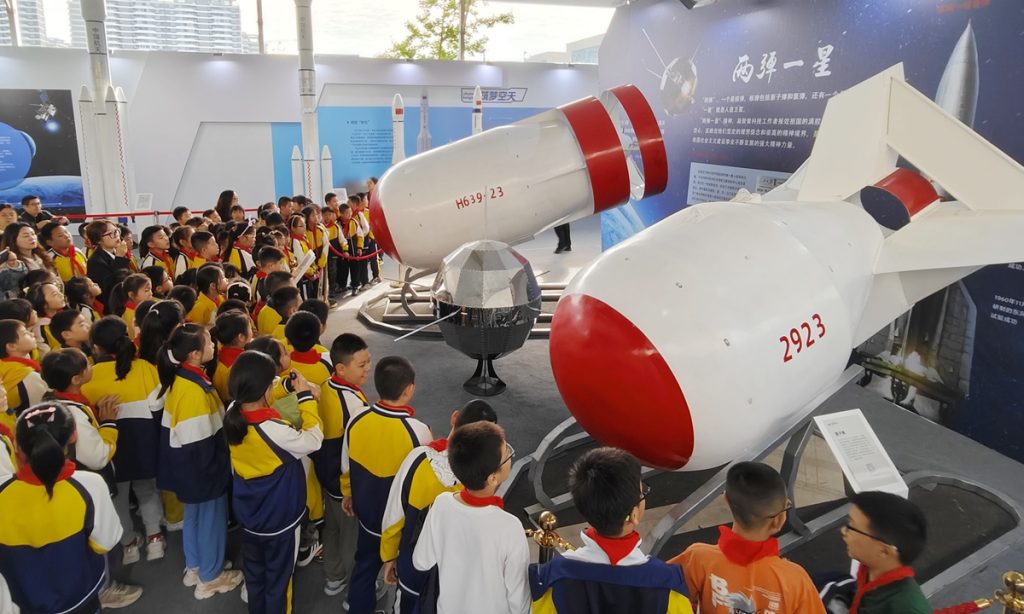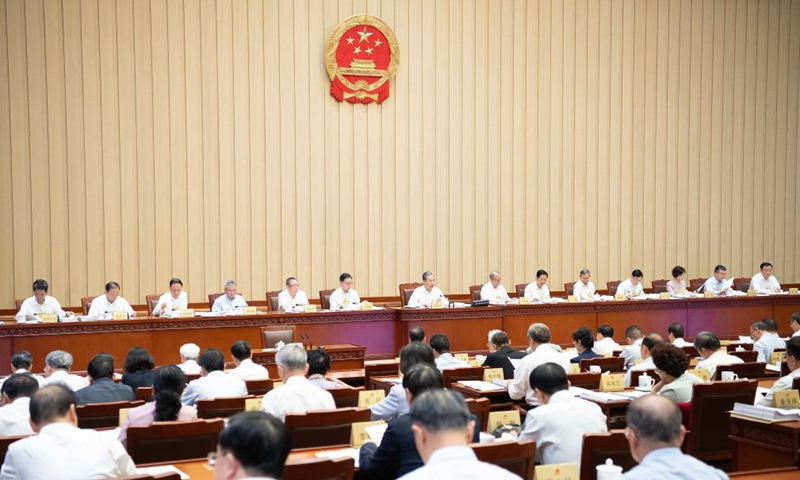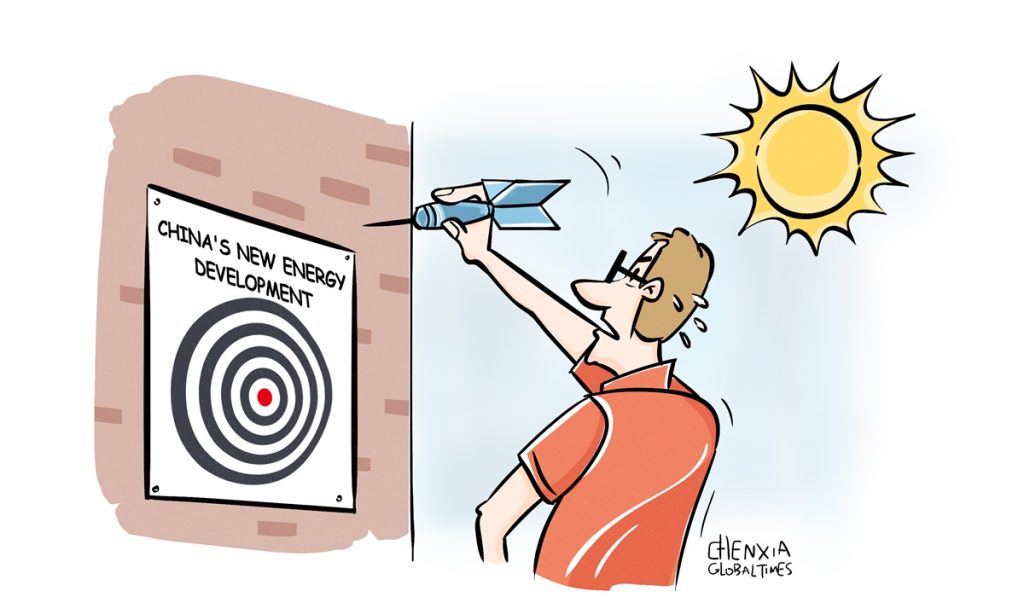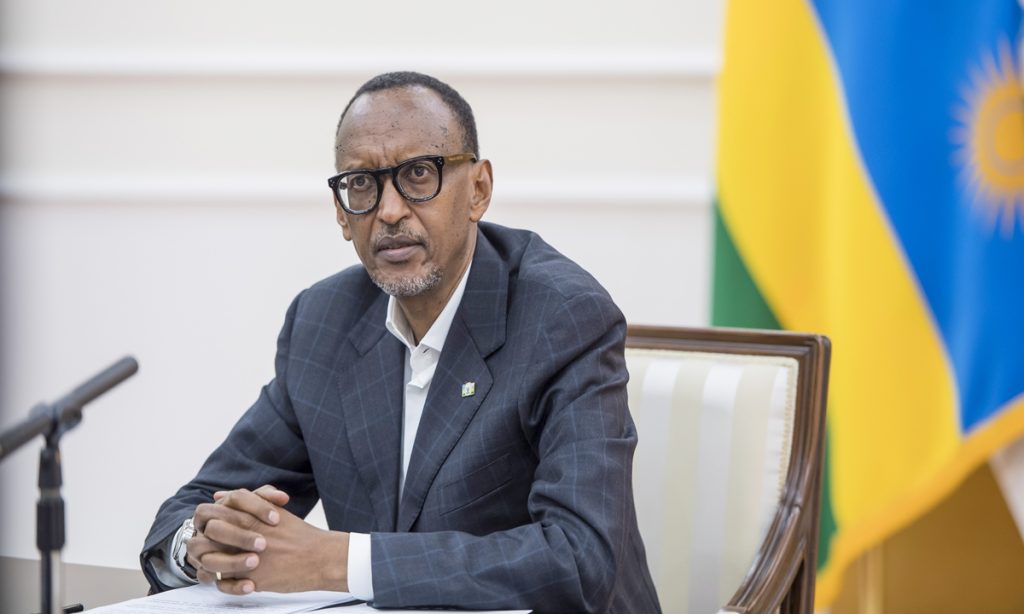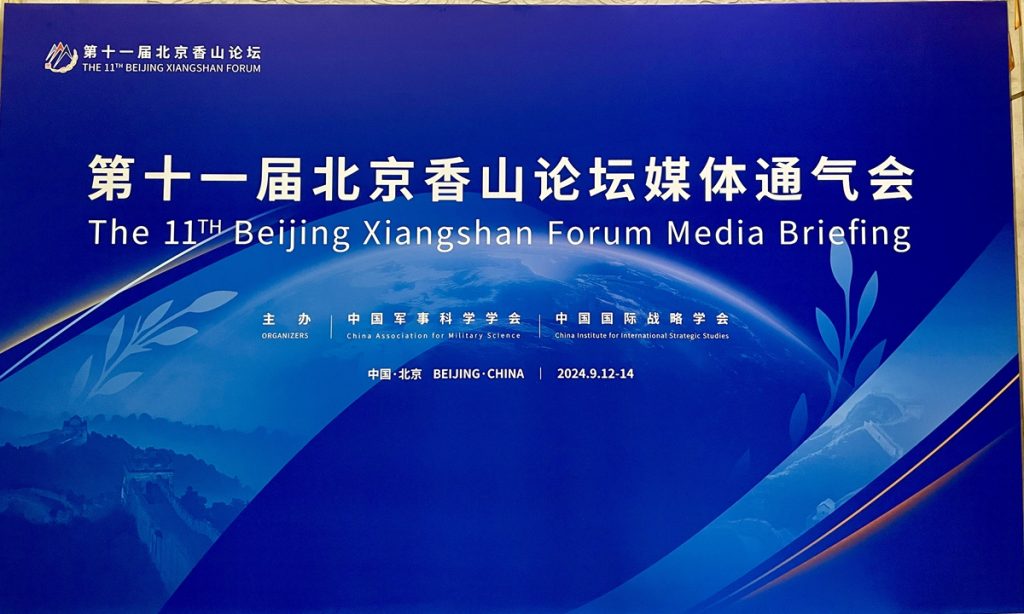China’s Commerce Minister meets Italian auto industry leader ahead of major EV talks with EU
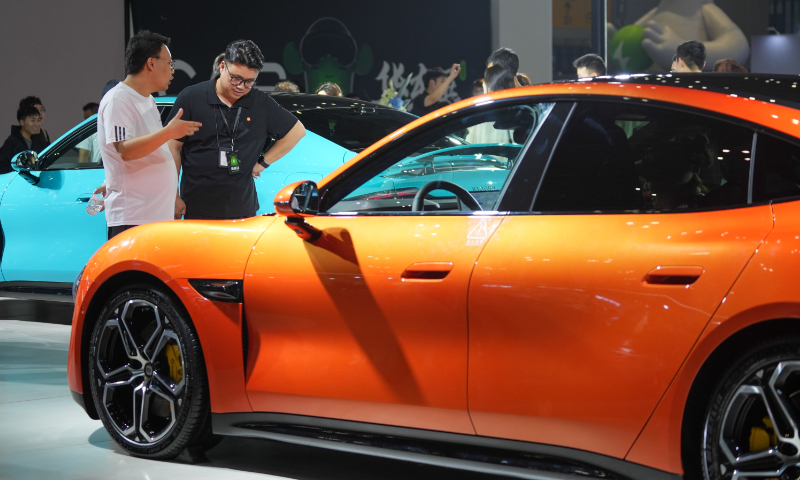
China’s Commerce Minister Wang Wentao met with Roberto Vavassori, president of the Italian Association of the automotive industry, in Italy on Saturday to discuss the European Commission (EC)’s tariff against Chinese electric vehicles (EVs) and cooperation between China and Italy in the EV sector, the Ministry of Commerce (MOFCOM) said on Sunday.
The meeting came ahead of Wang’s closely watched visit to Europe. The MOFCOM announced on Thursday that Wang will meet with EC Executive Vice President and Trade Commissioner Valdis Dombrovskis on September 19 to hold talks on the EC’s so-called anti-subsidy investigation and subsequent tariffs targeting the Chinese EV industry.
Experts noted that Wang’s trip will focus heavily on addressing the issue through dialogue and urged the EC to show sincerity in the talks.
The priority of China and the EU is to establish effective communication channels, finding common ground in the EV sector, and both sides need to respect each other’s positions, Sun Yanhong, a senior research fellow at the Chinese Academy of Social Sciences, told the Global Times on Sunday.
Wang’s visit aims to address the dispute over EC’s recent actions against China’s EV industry. As the EU steps up crackdown on Chinese EVs, there is an urgent need for dialogue to reach a new model of cooperation in China-EU trade, particularly given the evolving regulatory landscape, Sun said
The EU has shown a lack of sincerity in negotiations and has proceeded unilaterally with the introduction of punitive measures. Although the EU claims to be open to negotiations, it has shown no sincerity in addressing the issue through talks, Sun added.
The upcoming talks between Wang and Dombrovskis represent the highest-level dialogue between China and the EU over the EV issue. The meeting could provide a path to avoiding an escalation of trade tension, which could lead to a resolution both sides can accept, said Sun.
The EC is reportedly considering final tariffs of up to 35.3 percent on Chinese EVs, in addition to the standard 10 percent car import duty. These tariffs would need approval from a majority of the EU's 27 member states and could come into effect by the end of October, according to Reuters.
Reuters reported on Thursday that Chinese EV makers had proposed setting minimum import prices to avoid the tariffs, but the EC rejected the offer. This move has drawn criticism from Chinese officials and industries.
The MOFCOM on Friday responded to the decision, saying that the move shows the EC's lack of sincerity in addressing the dispute through dialogue and stressing China's firm determination to safeguard firms' rights and interests.
"If the consultations fail to reach consensus in the end, the responsibility lies entirely with the European side," the spokesperson said. "China has the greatest sincerity to properly resolve differences through dialogue and consultation, as well as the greatest determination to safeguard the legitimate rights and interests of Chinese enterprises."
